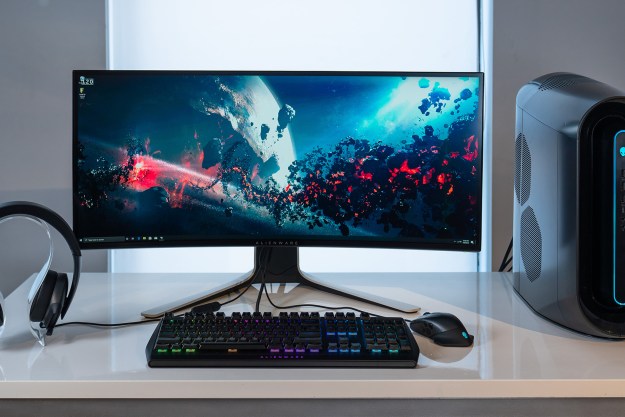Most impressive of all is the fact that doing so doesn’t require any proprietary hardware, and is instead achieved using software that can run on standard digital video cameras.
“We do not build hardware,” Oxehealth’s CEO Hugh Lloyd-Jukes told Digital Trends. “Our software can be loaded onto chips on a camera or a small chip attached to it. We work with commercial partners who build hardware solutions around our unique software solutions, and integrators who add service and support to the package.”
As you might expect, transforming video cameras into health monitors requires some ingenuity.
“Our software uses the science of photoplethysmography to monitor human heart rate, detecting imperceptible changes in the skin [in the form of] ‘microblushes,’ each time the heart beats,” Lloyd-Jukes continued. “This is the science that wired medical devices being used in hospitals today depend on. However, Oxecam algorithms are able to detect these changes by analyzing the pixels from the video feed on a standard digital video camera. This means that Oxecam is able to track heart rate from a distance of several meters, in any light conditions, with the same levels of accuracy as a wired medical device.”
The same idea is true when it comes to the system’s ability to monitor breathing; detecting minute mechanical movements of the body through the video feed, each time a patient takes a breath.
In clinical studies at Oxford University hospitals and in the field, the algorithm’s vital sign measurements were as accurate as the standard medical technology used for carrying out the same tasks.
“Initially we see that there is a critical need to support medical and custodial staff in monitoring vulnerable people in secure mental health, police custody, and prisons, where wired monitoring devices are unsuitable,” Lloyd-Jukes said. “Beyond this, there is a pressing need to support our nurses, doctors, and carers in acute hospitals, nursing homes, and assisted living to help them cope with the epidemic of chronic conditions as developed country populations age.”
In the future, however, the startup hopes that similar technology can be used to monitor health and human activity outside of traditional care settings. For instance, cameras equipped with similar smart algorithms could be used in the dashboards of cars so that the health and safety of drivers and passengers in vehicles can be monitored.
Before self-driving cars take over for good, it’s easy to imagine technology like this being used to keep an eye on drivers and to take over the wheel and pull over in the event of a serious medical emergency.
“Our video analytics product is available [right now] for commercial deployment,” Lloyd-Jukes said. “Our medical analytics solution is not yet on the market, but we are working with a select group of development partners and clinical research collaborators to run joint clinical studies.”
Editors' Recommendations
- How your boss can spy on you with Slack, Zoom, and Teams
- The 3 futuristic gaming monitors TCL just announced look insane
- You can finally purge your PC of default Windows apps
- Microsoft is bringing ChatGPT to your browser, and you can test it out right now
- Samsung’s 43-inch mini-LED monitor looks stellar — if your desk can handle it


